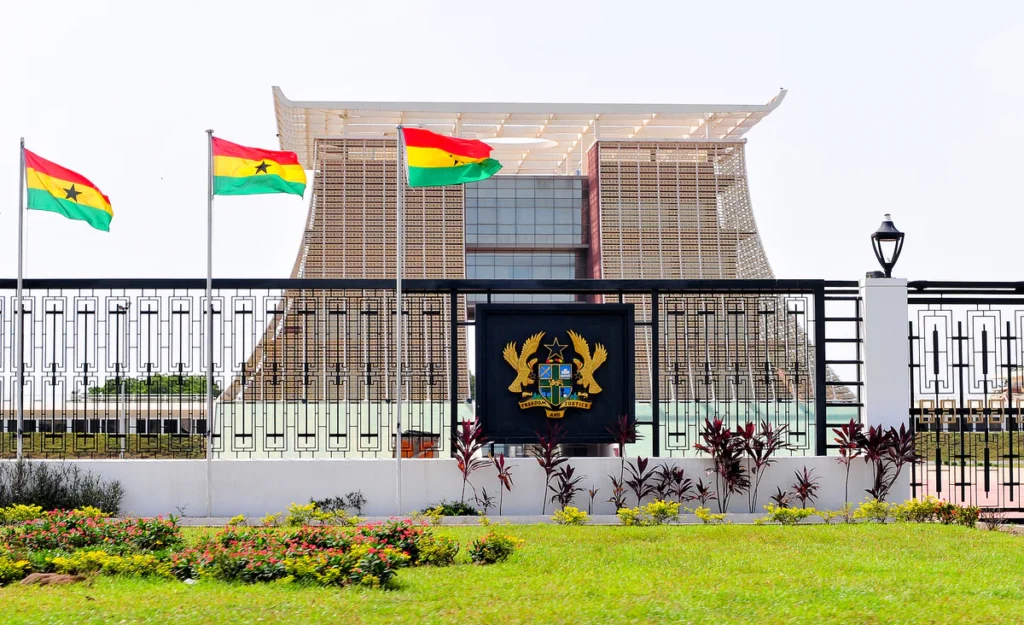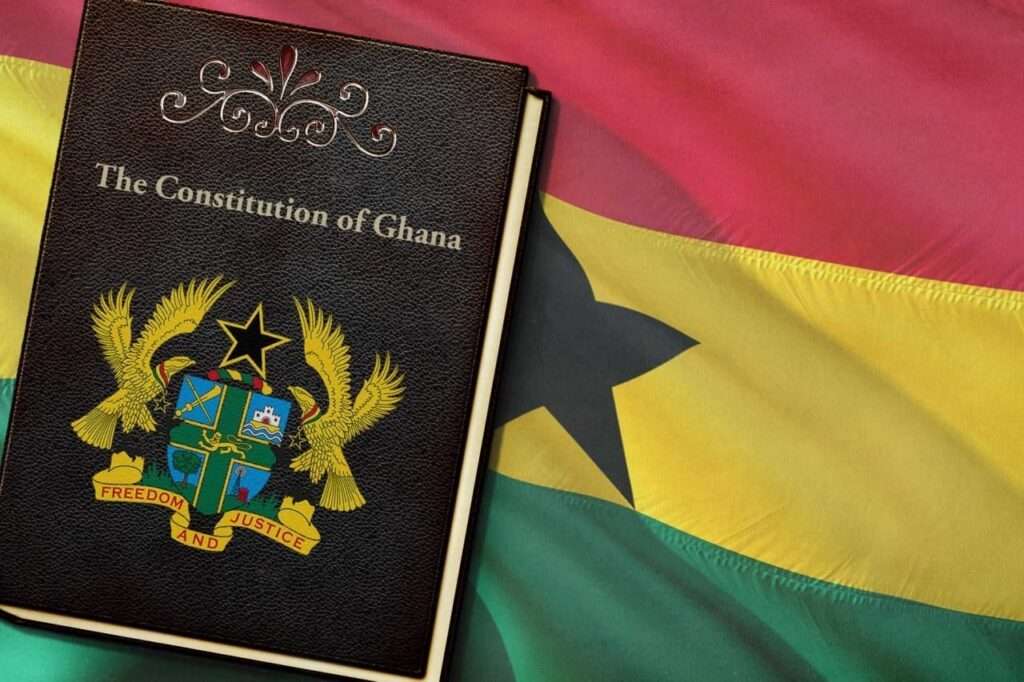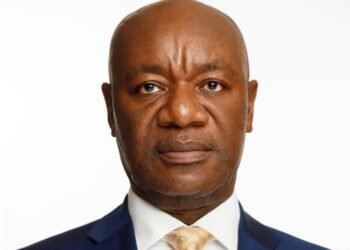Ghana’s governance system is fundamentally flawed, leaving citizens voiceless and powerless, according to economist Dr. Cadman Atta Mills.
He argued that the country exemplifies how not to structure a society, with power excessively concentrated in the hands of an Imperial President.
Dr. Mills contended that Ghana’s challenges are neither a leadership issue nor an attitudinal problem but rather a systemic failure.
The country’s governance structure enables the president to wield unchecked power, making appointments and dismissals at will. This, he warned, creates an imbalance that undermines democracy.
“The Imperial President has absolute control over who is awarded contracts on the public purse. There are no systems of checks and balances. The Imperial President controls Parliament (and the Judiciary) through the power invested to ‘elevate’ Parliamentarians to ministers and lucrative Board membership or chairmanship (unlimited number of judges and lawyers to Appeals or Supreme Court).”
Dr. Cadman Atta Mills

According to Dr. Mills, this concentration of power means the president is accountable primarily to their political party and the individuals or corporations that funded their campaign.
The influence of these entities, he argued, compromises the president’s ability to act independently in the national interest.
“The Imperial President is accountable only to the Political Party and the individuals and corporations who funded or contributed (through sweat equity) to elect the president and can eventually withdraw their support to bring him/her down.”
Dr. Cadman Atta Mills
Call for Structural Reforms
Furthermore, Dr. Cadman Mills believes Ghana’s democratic institutions require urgent restructuring to prevent governance from being dictated by patronage and political favoritism.
A crucial step, he suggested, would be removing the president’s power to award contracts and appoint political allies to key positions within state agencies.

This, he asserted, would curb the widespread culture of pay-to-play politics.
“Removing the power of the Imperial President to reward political supporters and contributors with ‘contracts’ and appointments to manage (or provide oversight to) state corporations and agencies would be a critical first step in eliminating ‘pay to play’.”
Dr. Cadman Atta Mills
Dr. Mills emphasized the urgent need to strengthen Parliament’s independence, ensuring it operates without undue influence from the Executive branch.
He argued that a truly independent Legislature, free from excessive control, would better serve the interests of the people rather than being swayed by political considerations.
According to him, when Parliament and its members solely represent the will of the people, it fosters a clear separation of powers between the Legislature and the Executive.
Additionally, he highlighted the importance of curbing the President’s ability to appoint an unlimited number of judges, particularly to the Supreme Court, as a measure to safeguard judicial independence.
A Call for Constitutional Review
Moreover, Dr. Cadman Mills emphasized that the most effective way to address these structural deficiencies is through a constitutional review.
He asserted that a revised legal framework would improve governance by increasing leadership accountability, enhancing public perception of government institutions, and fostering a shift in political attitudes.

“CONSTITUTIONAL REVIEW NOW! It would work wonders for the quality of leadership (by making leaders more accountable). It would also vastly improve the attitude and perception (and the mentality of the leaders and the people) towards GOVERNANCE.”
Dr. Cadman Atta Mills
His call for constitutional reform resonates with longstanding debates about the need to recalibrate Ghana’s political system.
Many governance experts have pointed to the excessive powers granted to the president under the 1992 Constitution as a key driver of weak institutional checks and balances.
Dr. Mills’ remarks underscore a growing consensus among political analysts and civil society groups that urgent changes are needed.
Some have called for a national dialogue on constitutional reforms, arguing that without meaningful changes, Ghana’s democracy risks being undermined by entrenched political patronage.
As Ghana continues to navigate governance challenges, Dr. Mills’ critique adds to the growing calls for structural reforms to strengthen democracy and ensure that power is exercised in the best interest of the people.
Whether the findings of the constitutional review team recently formed by the President will translate into action remains to be seen.
However, one thing is clear: without systemic change, the country risks perpetuating a cycle of political patronage and weakened democratic accountability.
READ ALSO: Stock Market Update: Ghana Bourse Sees Four Gainers, One Loser



















